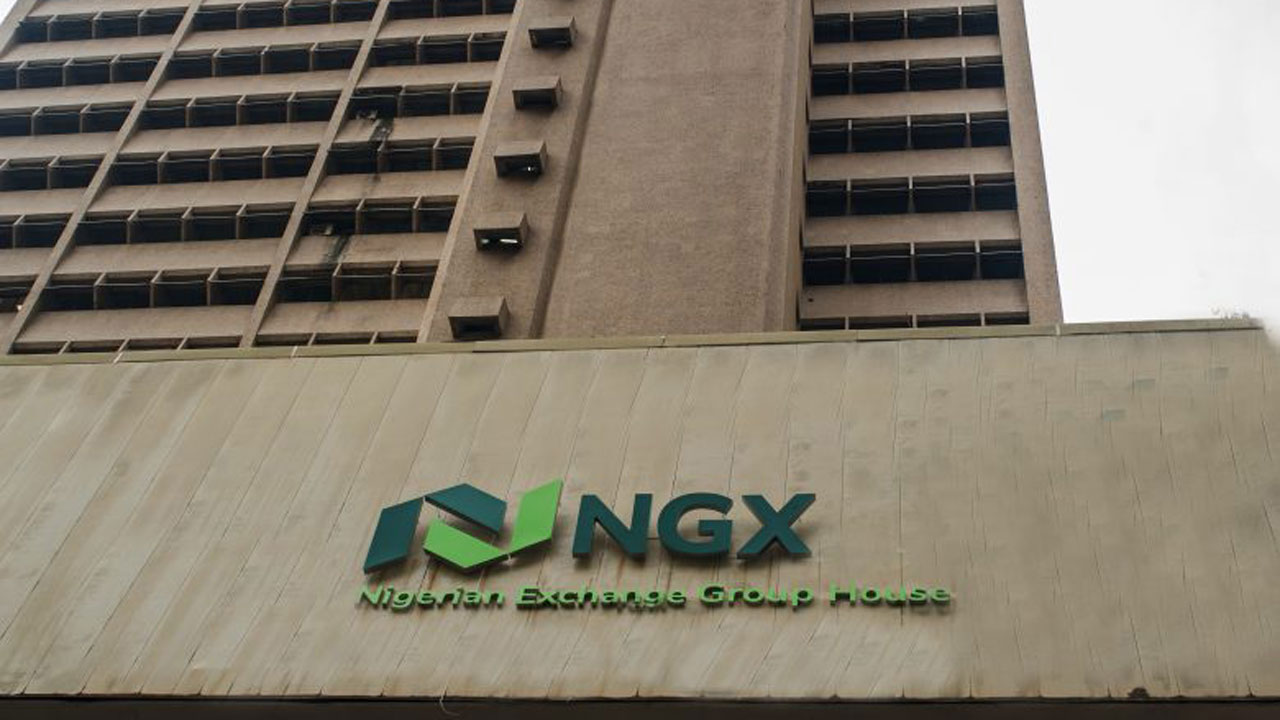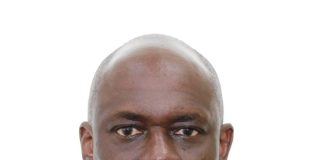Sub-Saharan Africa Economist at Renaissance Capital, RenCap, Yvonne Mhango has said that the , is expected to use the flexible foreign exchange policy guidelines,which it will most likely announce this week, to promote key sectors of the economy.
Mhango, who predicted the forex framework, said whatever rate the CBN adopts, the fixed peg at N197 to 199/$1 will be sustained to support imports for critical sectors, such as agri-business, manufacturing, exporters, fuel refineries and the power sector.
In a report titled: Nigeria: Winds of change- More flexible FX policy,’ she said imports of capital goods for new investment for industries that source raw materials locally would be eligible for the ‘import critical window’ that will be floated by the apex bank.
The Monetary Policy Committee, MPC, had at its last sitting, said it will introduce greater flexibility in the interbank forex market, while retaining a small window for critical transactions.
The CBN has been mandated by the MPC to work out modalities of achieving a more flexible interbank forex market.
She said: “We expect all other forex transactions to be directed towards a new flexible interbank forex market, which the CBN will cease funding. This market would be funded by exporters, i.e. the International Oil Companies, and autonomous sources, in our view.”
“We expect that alongside the unveiling of a new Forex policy framework, the authorities will specify the transactions that will take place at the fixed peg window,” she said.
She predicted that the CBN is likely to peg the naira exchange rate against the dollar at N255/315 to dollar, insisting that N255/315 rate represents a fair value for the local currency as suggested by two real effective exchange rate models.
“At this new ‘price’ for the naira, demand and supply would be brought into equilibrium through a decrease in forex demand (rationing effect) and increase in forex supply (the incentive effect).











